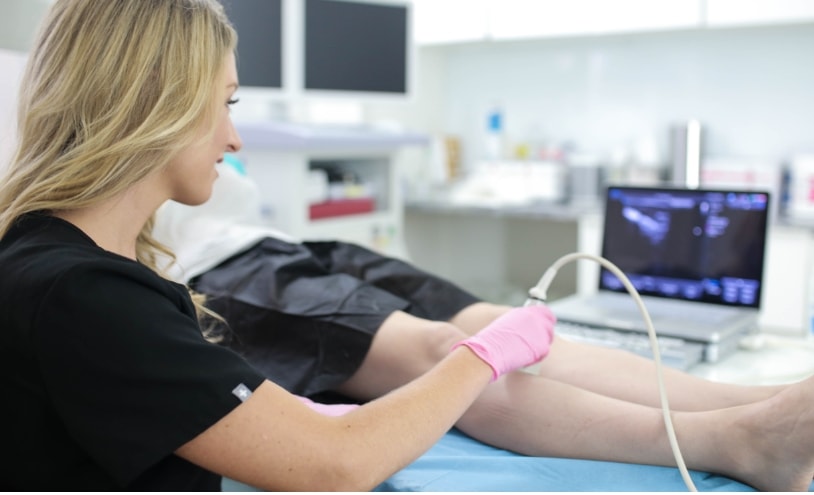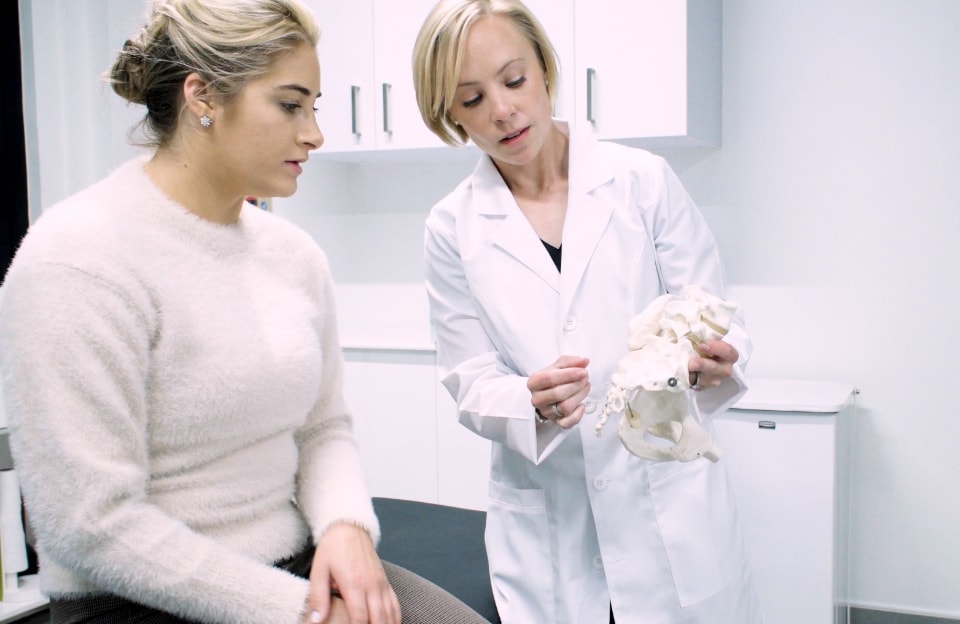What Kind of Doctor Treats Veins and What is a Vein Specialist Called?
Understanding venous health is essential for preventing and treating conditions that affect the veins, such as varicose veins, spider veins, and chronic venous insufficiency. If you’re experiencing vein-related issues, finding the right doctor can be the first step toward effective treatment. This article will guide you on the advantages of visiting a vein specialist, what kind of doctor treats veins, and what a vein specialist is called.
Why Should You See a Vein Specialist?
Seeing a vein specialist offers several advantages. Vein specialists are trained to diagnose, manage, and treat disorders that affect the veins and lymphatic system. Because they have a focused understanding of venous diseases, they can provide expert insight into your condition, create tailored treatment plans, and reduce the likelihood of recurring problems.
Expertise in Venous Health
Vein specialists have in-depth training specific to vein-related issues, allowing them to offer advanced diagnostic tools and innovative treatments that a general practitioner may not provide. From the moment you consult with them, they focus on identifying the root cause of your vein issue and recommending effective treatment options. This expert knowledge in venous health is particularly beneficial for conditions like varicose veins and spider veins, where precise treatments are key to symptom relief and improved aesthetics.

Advanced Treatment Options
Vein specialists are familiar with advanced treatment methods, such as endovenous laser therapy (EVLT), radiofrequency ablation (RFA), and sclerotherapy, which are minimally invasive and allow for quick recovery. These methods offer a safe and effective alternative to more invasive surgical options, reducing downtime and enhancing patient comfort. When you visit a vein specialist, you can benefit from their access to the latest treatment technologies designed to provide effective results.
What Kind of Doctor Treats Veins?
The medical field offers several specialties that focus on different aspects of vein treatment. Here’s a breakdown of the types of doctors who treat veins and the specific roles they play:
Phlebologist
A phlebologist is a physician who specializes specifically in vein health. Phlebologists are experts in diagnosing and treating vein conditions, from cosmetic concerns like spider veins to medical issues like varicose veins and venous insufficiency. They are also trained in minimally invasive treatments and provide a range of solutions to manage venous disorders. Most patients with vein-related issues choose a phlebologist as they offer a focused approach and expertise in vein treatment.

Vascular Surgeon
Vascular surgeons are highly trained doctors who treat conditions affecting the vascular system, which includes both arteries and veins. Unlike phlebologists, vascular surgeons can perform more invasive surgeries if necessary. While vascular surgeons have expertise in managing all types of blood vessels, they tend to see patients with severe vein conditions or those who require complex surgeries. A vascular surgeon may be a better choice if your vein condition is severe or associated with other cardiovascular issues.
Interventional Radiologist
An interventional radiologist is another type of doctor who can treat vein issues, typically using image-guided procedures. They often use ultrasound, X-rays, or other imaging techniques to perform minimally invasive treatments for varicose veins and blood clots. Interventional radiologists are known for precision in procedures and may collaborate with other specialists, such as phlebologists or vascular surgeons, to provide comprehensive care for patients with complex vein issues.
What is a Vein Specialist Called?
Now that you know the types of doctors who treat veins, let’s answer the question: what is a vein specialist called? In most cases, vein specialists are referred to as either phlebologists or vascular surgeons. Here’s a look at each role in greater detail.
Phlebologist: The Vein Specialist
Phlebologists specialize in venous medicine, focusing specifically on diagnosing and treating venous diseases. They undergo training in managing vein conditions without necessarily performing invasive surgeries, making them the preferred choice for minimally invasive vein treatments. For patients with common vein conditions like varicose veins, spider veins, or chronic venous insufficiency, a phlebologist is the most appropriate specialist.
Vascular Surgeon: The Comprehensive Vein and Artery Specialist
A vascular surgeon, while not limited to veins, treats a wide range of vascular conditions affecting both veins and arteries. For vein conditions that require surgery, vascular surgeons are qualified to perform these procedures. However, they are also trained in minimally invasive techniques, making them versatile in treating complex cases. If your vein issue is severe or part of a larger cardiovascular condition, a vascular surgeon can provide the comprehensive care you need.
Advantages of Consulting a Vein Specialist
Consulting a vein specialist offers multiple advantages beyond just obtaining a diagnosis. These experts bring knowledge, experience, and access to innovative treatments that general practitioners may lack.
Personalized Treatment Plans
Vein specialists create treatment plans tailored to your specific needs. During your initial consultation, they will conduct a detailed assessment to determine the best course of action. This tailored approach ensures that you receive the most effective treatment, whether that includes lifestyle adjustments, medications, or in-office procedures. Personalized treatment can significantly improve both the outcomes and your comfort level throughout the process.
Minimally Invasive Options with Quick Recovery
Vein specialists focus on offering minimally invasive treatments like EVLT, RFA, and sclerotherapy. These procedures generally do not require extensive downtime, making them convenient options for busy individuals. Compared to traditional surgeries, these treatments involve less pain, fewer risks, and faster recovery times, allowing you to return to your regular activities sooner.
Prevention of Recurrence
One of the significant benefits of visiting a vein specialist is their ability to help prevent vein problems from recurring. By assessing factors that may be contributing to your vein issues, such as genetics, lifestyle, or underlying health conditions, vein specialists can provide advice and interventions to reduce the risk of future vein-related complications. Preventive measures might include lifestyle guidance, compression therapy, or ongoing monitoring to keep your veins healthy.
Improved Quality of Life
Living with vein-related discomfort or unsightly veins can impact your daily activities and self-esteem. By addressing these issues with the help of a vein specialist, you can improve your overall quality of life. Treatments for venous conditions often lead to reduced pain, increased mobility, and an improved appearance, which can enhance both physical comfort and emotional well-being.
How to Find the Right Vein Specialist for Your Needs
When looking for a vein specialist, it’s essential to consider a few factors:
- Credentials: Ensure that the vein specialist is certified by a reputable medical board in venous health or vascular surgery.
- Experience: Look for a specialist with extensive experience in treating vein-related conditions and performing the necessary procedures.
- Patient Reviews: Reading reviews and testimonials can give insight into the specialist’s skill level and patient satisfaction.
- Technology and Treatments: Consider a specialist who offers a variety of minimally invasive options for comprehensive care.
- Insurance and Cost: Check if the specialist accepts your insurance and inquire about the cost of treatments to avoid surprises.
Final Thoughts: Taking Control of Your Venous Health
Understanding the types of doctors who treat veins and the advantages of consulting a vein specialist can empower you to take control of your venous health. Whether you opt to see a phlebologist, vascular surgeon, or interventional radiologist, the key is to find a trusted professional who can provide tailored, effective treatment options. With the guidance of a qualified vein specialist, you can manage your symptoms, prevent future complications, and enjoy improved quality of life.
Comments
Post a Comment